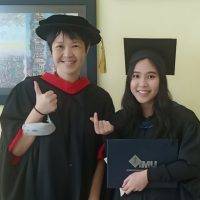ABOUT
What is Molecular Medicine? Basically, it is the specialised development of medical treatment through the fundamentals of cell, biological pathways and genome.
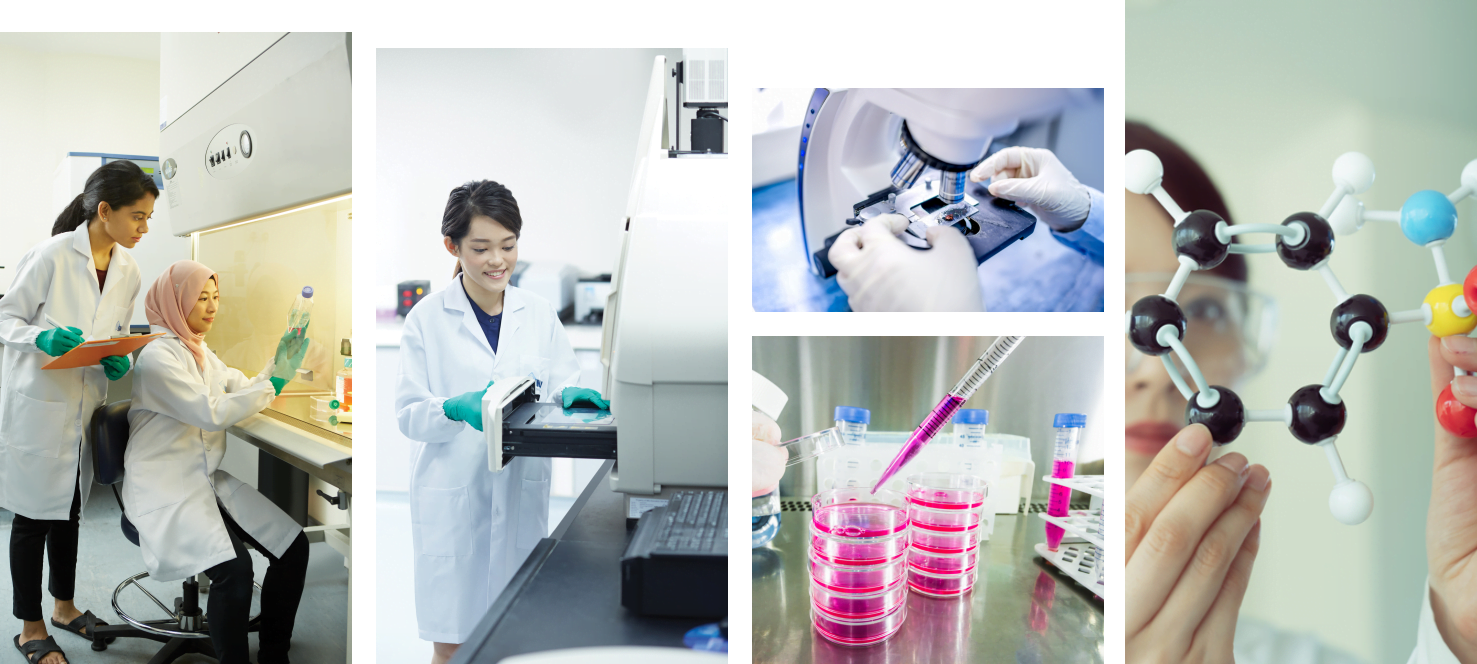
MSc in Molecular Medicine
Conventional / Open & Distance Learning (ODL) Mode
Advances in Molecular Medicine have facilitated major breakthroughs in disease diagnoses, management and treatment. Today, doctors are able to offer tailored cancer therapy with the improved understanding of human genome and gene pathways. Further advances in metabolomics and bioinformatics tools enable scientists and clinicians to predict drug response and improve treatment outcomes.
In Malaysia, there is growing demand for Molecular Medicine specialists especially with government’s initiatives to support the biotechnology sector with the establishment of Bio-Nexus company incentives.
The IMU Master of Science in Molecular Medicine programme is designed to cater for medical or basic sciences graduates seeking advanced training in cellular and molecular biology, genetics as well as drug development and treatment.
The curriculum provides equal emphasis on knowledge (coursework) and skills (research) with interactive lectures, case studies and discussion. Problem-based learning methods are used to stimulate analytical thinking. Students are required to propose research plans that will be put into action during the final semester. Similarly, students will have the opportunity to design laboratory management policy and product commercialization plans through the selective modules offered under the programme.
One unique feature of the programme is the flexible delivery of the coursework with classes held on weekends or online. Students also have the opportunity to conduct their research project in a related industry or their own workplace.
Key Facts
About Open and Distance Learning (ODL)
What is ODL?
Open and distance learning provides working professionals an alternative to conventional programmes at universities, giving them the opportunity to earn a university degree without interrupting their career. As Malaysia’s first and most established private medical and health sciences university with 30 years of dedicated focus in healthcare education, IMU offers a few postgraduate programmes via this learning mode with students having the opportunity to benefit from all the teaching and support that the University has to offer.
Benefits of ODL
Designed especially for students with employment, family or other commitments, this mode of learning provides flexibility and convenience for the student to schedule their studies around these obligations and around their lifestyle – allowing a student to plan and pace their own learning at a time and learning environment that is most suitable for the student. It also saves students from spending time travelling to the university, the costs of travelling to the university and the costs of staying near the university.
Teaching Methods
Teaching methods include a series of annotated lectures supplemented by videos. For each subject taken, students will be part of a student online community. Students will also be assigned a mentor who will be available to answer any questions and provide feedback on their progress.
Students will be assessed fully online via the in-course assessment assignments and end of module assessment assignment so they don’t need to be at the University to sit for your exams. They will the receive their grades and feedback online.
In order to do this, students will be required to have a desktop/laptop, internet connection, a headset and webcam to participate in online tutorials and other group activities, access to standard office software – such as Microsoft Word and Excel, plus any standard browser, such as Chrome, Edge or Firefox and Skype for certain online sessions.
Your Commitment
Time will be an ODL student’s most important commitment – understanding, working through and reflecting on all teaching materials. The hours spent per week on their studies for the duration of the programme depends on module taken.
Support from University
ODL students are fully registered student of the University with all of the support and services available to them, the same as the on-campus students. Technical support will also be provided if students have difficulty in accessing the e-learning platform.
Why Study Molecular Medicine at IMU?
An Established Private Healthcare University
IMU is Malaysia’s first and most established private medical and healthcare university with over 30 years of dedicated focus in healthcare education.
IMU achieved the SETARA-2018/2019 Tier 6 status (Outstanding) under the Mature University category.
Renowned and Highly Experience Faculty
Students will be supervised by staff who are experts in their field with well-established reputations nationally and internationally.
The academic community of IMU pursues and achieves excellence in a wide range of research activities.
Many of them present their findings in international conferences to keep up to date with the latest development in specialised areas.
They also publish their findings in international peer-reviewed journals.
Flexible Learning Options
The programme adopts a credit-based modular curriculum structure that allow students to choose the number of modules to register each semester.
In addition, the programme is offered in both conventional and ODL mode.
Students could take up to four years to complete the entire programme, enabling full-time working adults the options to plan and fit their studies around their work, family and other commitments.
Innovative Curriculum
The curriculum of this programme is innovative, carefully planned and aligned to meet the demands and expectations of Molecular Medicine. This would offer great career advancement as a research scientist in academia, research institutes, clinical setting or industries worldwide. It would also pave the way for a PhD at IMU or elsewhere. Our collaboration with QMUL will ensure a smooth transfer from modules of study from the MSc in Molecular Medicine at IMU to the MSc in Genomic Medicine at QMUL.
The mode of learning at IMU would be via face to face and Open and Distance Learning (ODL) while the QMUL modules are via ODL. Additionally, the research project for the MSc in Genomic Medicine can be done at IMU or QMUL (joint supervision).
Research Partnerships
Students will benefit from the University’s research collaborations with various partner universities, as well as foreign and locals research institutions in areas such as cancer, bioactive molecules, nutrition, environmental health, stem cells etc.
Programme Structure
ASSESSMENT
In course assessment throughout the programme is conducted via written reports (case study report, critical reviews, assignments, CAL reports, scientific writing and etc) and oral presentations. For Research Project Module, students are expected to defend the project in Viva Voce and to produce a research dissertation. There are no end-of-semester examinations for all modules.
Assessment for the additional modules will be via in course assessments and end of course exam.
Entry Requirement
| A. ACADEMIC REQUIREMENTS | B. ENGLISH LANGUAGE REQUIREMENTS |
|---|---|
Applicants are required to have obtained:
|
For Malaysian Students
Not applicable |
For International Students
The following categories of students are exempted from the above requirements:
|
|
| For the Double Degree of MSc in Molecular Medicine(IMU) and MSc in Queen Mary University of London(QMUL) track
Students are required to achieve IELTS overall band score of 6.5 (minimum 6.0 in Writing and Speaking component, and 5.5 in Reading and Listening component). |
Note
Please note that achieving the minimum Entry and English requirements as stated does not guarantee you admission into any of IMU’s programmes.
Please refer to our Student Admissions Policy for more information
Application and Registration Fees
| Fee | Malaysian Student (RM) | International Student (RM) | ||
|---|---|---|---|---|
| Application Fee | 150 | 500 | ||
| Registration Fee | 1,100 | 3,400 | ||
| Refundable Caution Deposit | 2,000 | 2,000 | ||
| Student Association Fee per Semester | 40 | 40 | ||
Fee Structure
Malaysian Student
| Programme | Study Mode | No. of Credit Hour | Fee per Credit Hour (RM) | Total Fee (RM) |
|---|---|---|---|---|
| Master | Conventional | 20 | 1,100 | 22,000 |
| Research Paper | 20 | 1,100 | 22,000 | |
| Total Fee | 44,000 | |||
| Master | Open & Distance Learning (ODL) | 20 | 900 | 18,000 |
| Research Paper | 20 | 1,100 | 22,000 | |
| Total Fee | 40,000 | |||
| Queen Mary University of London (QMUL) Pathway | Additional tuition fees of approximately £10,000* | |||
International Student
| Programme | Study Mode | No. of Credit Hour | Fee per Credit Hour (RM) | Total Fee (RM) |
|---|---|---|---|---|
| Master | Conventional | 20 | 1,250 | 25,000 |
| Research Paper | 20 | 1,250 | 25,000 | |
| Total Fee | 50,000 | |||
| Master | Open & Distance Learning (ODL) | 20 | 900 | 18,000 |
| Research Paper | 20 | 1,100 | 22,000 | |
| Total Fee | 40,000 | |||
| Queen Mary University of London (QMUL) Pathway | Additional tuition fees of approximately £10,000* | |||
Views from Our Community
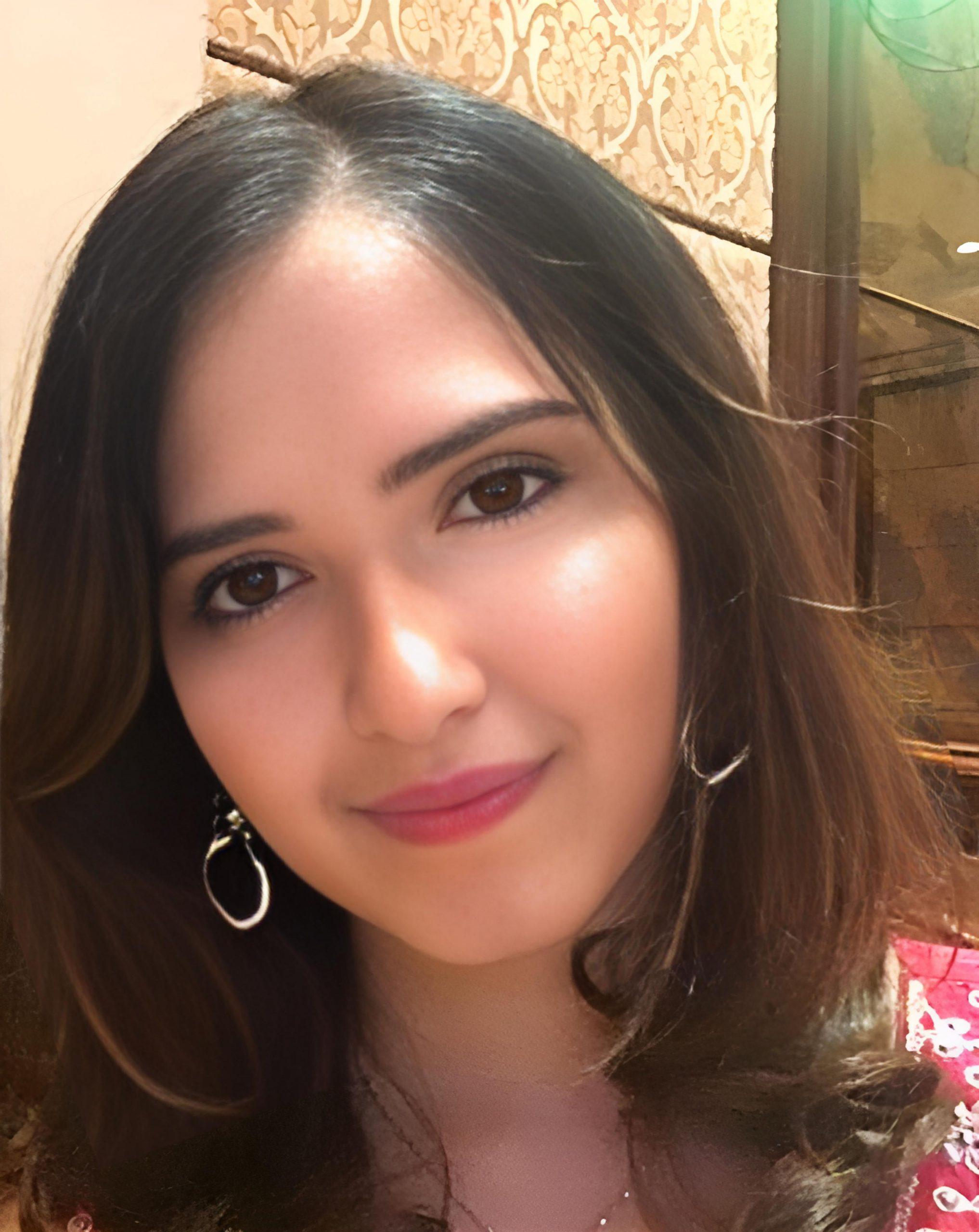
Dr Jas Sandhu
Alumna, Molecular Medicine (IMU) & Genomics Medicine (Queen Mary University London, UK).
I feel incredibly grateful and proud to be an IMU alumni for the opportunity to participate in a joint research project as part of the double award Master programme in Molecular Medicine (IMU, M’sia) and Genomics Medicine (Queen Mary University London, UK). This journey is even more nostalgic as I am the pioneer and first graduate of the double Masters degree of Genomic Medicine from QUML, UK. Through this project, I have had the privilege of investigating whether genetic variants play a role in cardiac arrhythmia and excitability. This experience has allowed me to gain invaluable skills in analyzing gene structural variants, studying disease pathogenicity, and deriving phenotypes from available database resources related to individuals who have experienced cardiac arrhythmia and excitability. As a graduate with an MBBS degree, these skills have added tremendous value to my professional profile and inspired me to continue pursuing innovative research in the field of medicine , and also in my clinical practice.
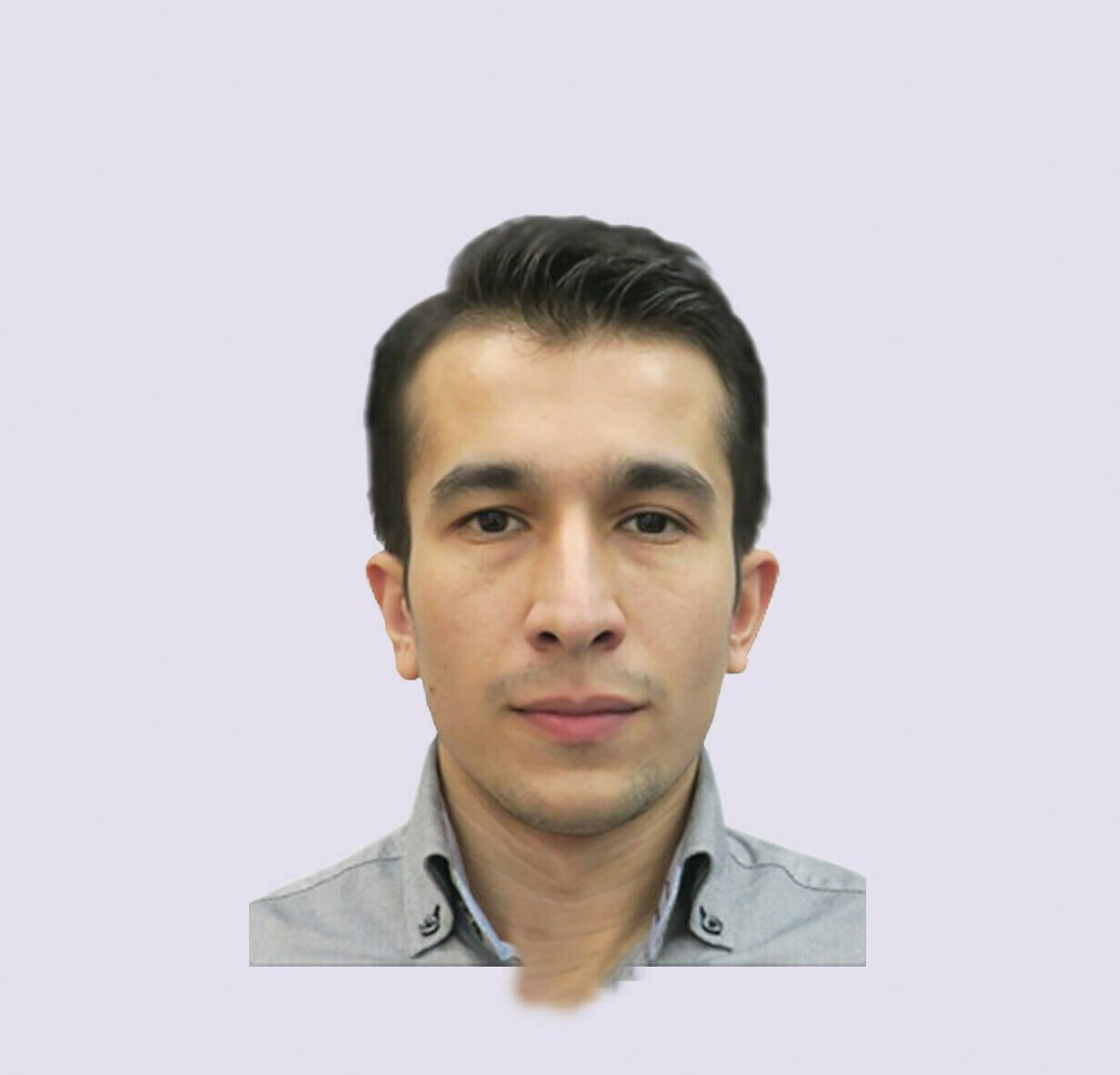
Ali Qusay Khalid
Student, Master in Molecular Medicine
I chose to learn from the best. The journey has started after completing my Bachelor in Biomedical Sciences. A passion was developed, inside me, towards exploring the threat of Dengue Virus and the role to minimise it. After much consideration, I decided to take up MSc in Molecular Medicine at IMU due to its mixed-mode scheme that builds a firm basis for reputed research work under professional supervision. The programme offered a unique opportunity via Artificial Intelligence to design anti-Dengue models using the innovative Schrödinger Software. I was able to achieve my goal with distinction and deep understanding.
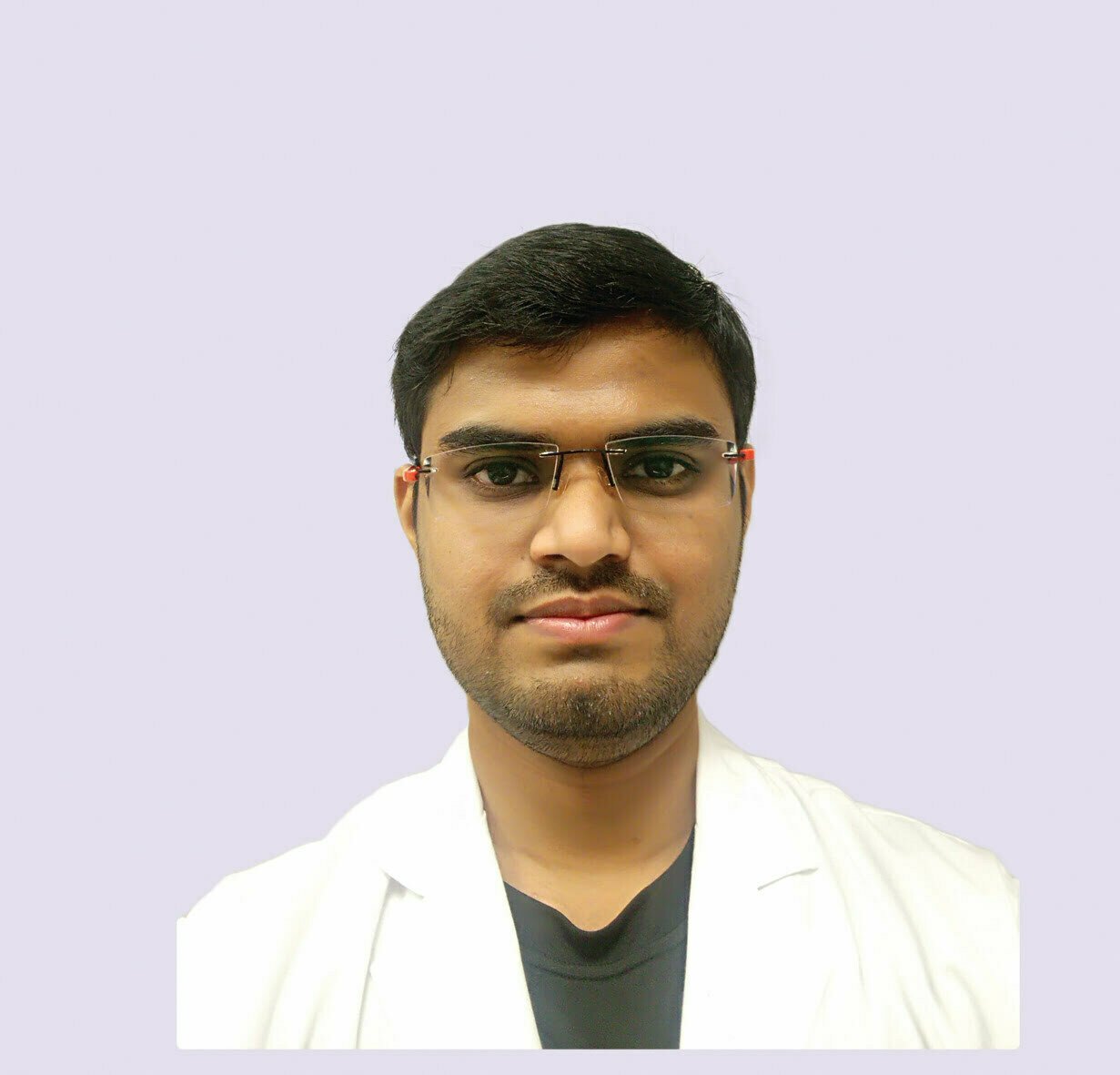
Rajesh Vivekanandan
Student, Master in Molecular Medicine
IMU MSc in Molecular Medicine focused on strengthening the basic knowledge about research methodology which helped in my career as a researcher. The programme is structured to introduce various impending research areas to find our personal interest in the vast field of medical research. The IMU faculty have multiple areas of expertise and are supportive in imparting their knowledge to us. I'm very thankful to my supervisor at IMU for introducing me to his collaborator at National University of Singapore for my research project which has enhanced my career prospects as a budding medical scientist.

Chin Seow Fong
Student, MSc in Molecular Medicine
MSc in Molecular Medicine (MMM) programme in IMU has exposed me greatly to a vast knowledge of diseases during my studies. The programme is designed for those who are interested to pursue academic or research in medicinal science. It encourages independent learning, self-exploring, team discussions, and given the liberty to work on your own topic of interest, provided if it’s relevant. It is also relatively convenient to access all the study material and lecture videos and notes since open distance learning (ODL) was implemented for the programme. Apart from the programme itself, there are various scientific research related workshops and seminars that were greatly benefit the students. Studying MMM in IMU greatly benefits me in terms of knowledge, discipline, and exposure.

Prof Ong Chin Eng
Professor and Lecturer, Master in Molecular Medicine
Our MSc in Molecular Medicine programme aims to provide a strong fundamental understanding through comprehensive student-centred learning activities and a practical, hands-on experience in research and entrepreneurial aspects of molecular medical field. Both the core and selective modules allow students to gain an in-depth knowledge and understanding of the principles, application, and potential of molecular medicine. Faculty delivering the programme are research-active experts in their field, this means that students not only learn the essential theory but also the most up-to-date and current opinion in the relevant areas. Since its inception, the programme has provided excellent training for clinical and science graduates for successful careers in the life sciences industry, research, academia and medicine.
FREQUENTLY ASKED QUESTIONS
Latest News & Stories
Have a Question? Ask Us
Interested in Applying for One of Our Programmes?
Having Issues with Your Online Application Process?
Need Assistance?
A Word from the Programme Director
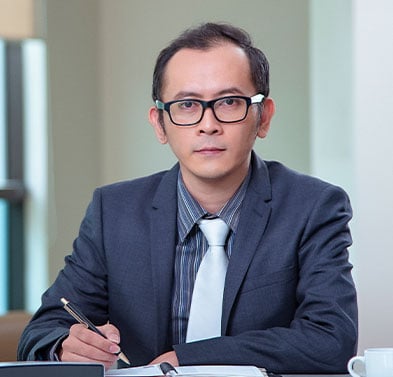
DR LIEW YUN KHOON
Senior Lecturer and Programme Director
PhD Medical Microbiology (UPM) , BSc (Hons) Microbio. (UPM)
“IMU MSc Molecular Medicine Programme is designed to cater for medical or basic sciences graduates seeking advance training in cellular and molecular biology, genetics, as well as drug development and treatment. The programme prepares students for career opportunities in medically focused biopharmaceutical and biotechnology industries; and equips students with enhanced skills to carry out research at a higher degree in related fields. The coursework is conducted in a highly engaging and conducive environment to stimulate learning experience. Comprehensive practical training is also provided via hypothesis-driven and disease-oriented research project.”








